Emulsifiers are commonly used in homemade lotions, body butters, and other water-based recipes. Great for getting those ingredients that don’t mix; to mix!
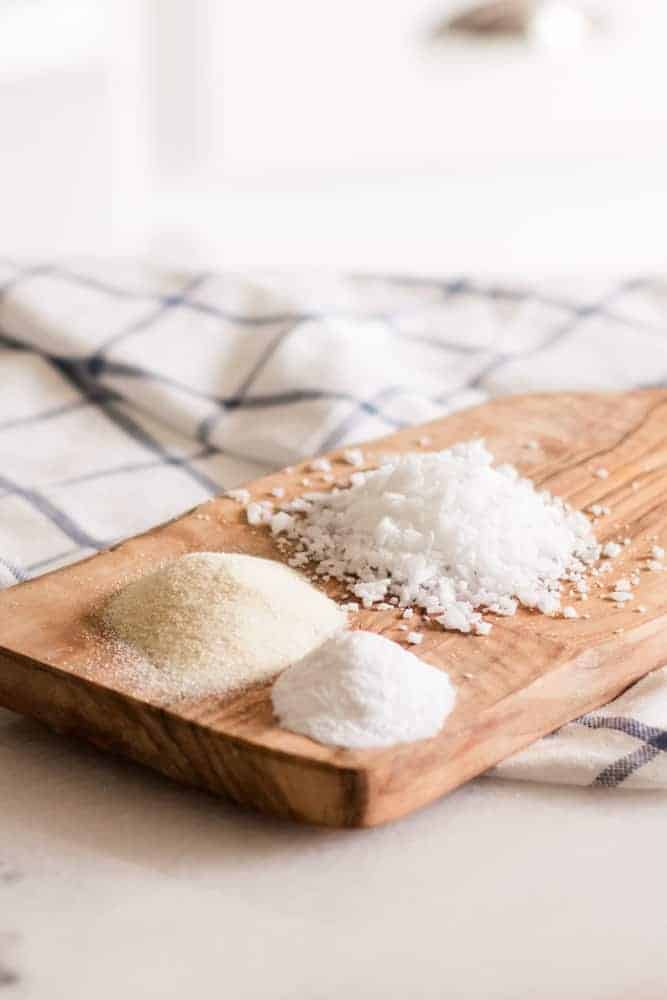
I am a big DIYer and love to make projects with essential oils and other natural products to help get toxins out of my home.
Quite a few skin care and hair care recipes call for water and oil. Most of these recipes require an emulsifier to integrate the ingredients that would not normally mix.
Without an emulsifier, you may need to shake homemade products before each use.
What are emulsifiers?
Emulsifiers are used to mix ingredients that normally wouldn’t mix. Especially helpful when mixing oil and water.
Body butter and lotions made with large-molecule fats and small-molecule oils can be made smooth with a natural emulsifier.
Emulsifiers can break apart an oil or fat into smaller particles and then disperse those particles throughout the water or other liquid being used in the recipe.
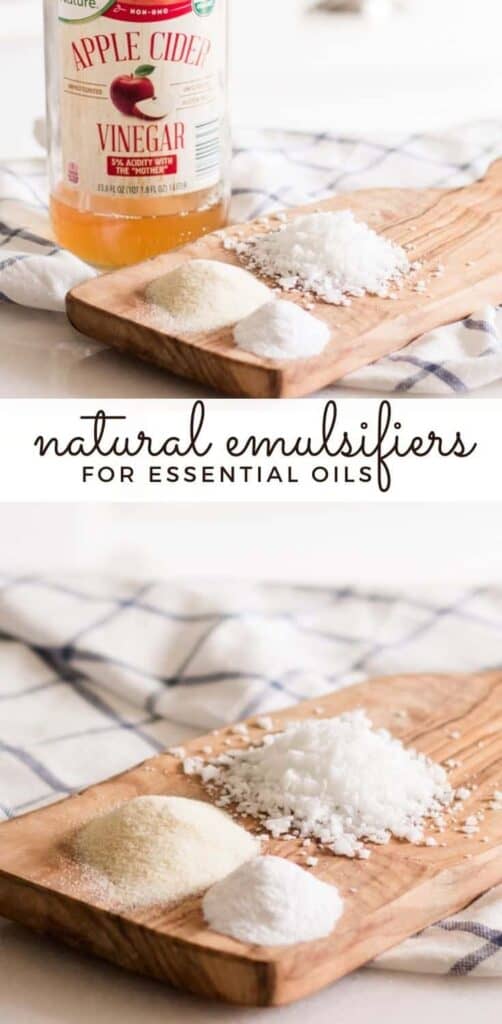
This post contains affiliate links, which means I make a small commission at no extra cost to you. Get my full disclosure HERE.
What are the best natural emulsifiers?
Cetearyl Alcohol
A very popular emulsifier, it is excellent at stabilizing and thickening products. Cetearyl alcohol works best with cetearyl glucoside to combine oils and water.
Both of these ingredients can be naturally or synthetically derived. So be sure to check with the manufacturer before purchasing.
Wax emulsifiers
Several waxes can be used as a natural emulsifier, making them an excellent choice for homemade skin care products.
Candelilla wax, carnauba wax, rice bran wax, and in some instances, beeswax can all be used as wax emulsifiers.
When looking for a natural option, make sure that you are using a non-GMO wax that is vegetable-derived and made with natural ingredients.
candelilla wax
An excellent emulsifier, this natural vegan wax can be used in homemade creams, lotions and balms.
Known to absorb well into the skin, candelilla wax is described as a fast-absorbing lubricant, easily binding water and oil constituents together, according to this site.
Candelilla wax is rich in nutrients and absorbs well into the skin. It is known to reduce wrinkles, fine lines, and stretch marks.
carnauba wax
Carnauba wax, according to science direct, is a great natural emulsifier. And with its high melting point, this wax is perfect for thickening homemade balms, deodorants, and lip balms.
Carnauba wax is hypoallergenic, making it a good choice for those with sensitive skin.
rice bran wax
This vegan wax is another great choice to use as a natural emulsifier. There have been several studies into how well this wax works for W/O emulsions that you can read about here and here.
Rice bran wax can be used to improve skin tone, reduce wrinkles and fine lines, and promote hydration.
beeswax
While technically not a water-oil emulsifier, beeswax does work as a thickener and binding agent in many water-free body butters and creams.
So if you are not emulsifying water and oils, but you still want the texture most emulsifiers provide, consider using beeswax.
It keeps the skin hydrated, provides a protective barrier on the skin by trapping in moisture, and is even used to exfoliate dead skin cells.
I love adding beeswax to my homemade face creams and lip balms. Not only does it create the perfect texture, but it adds extra benefits for the skin.
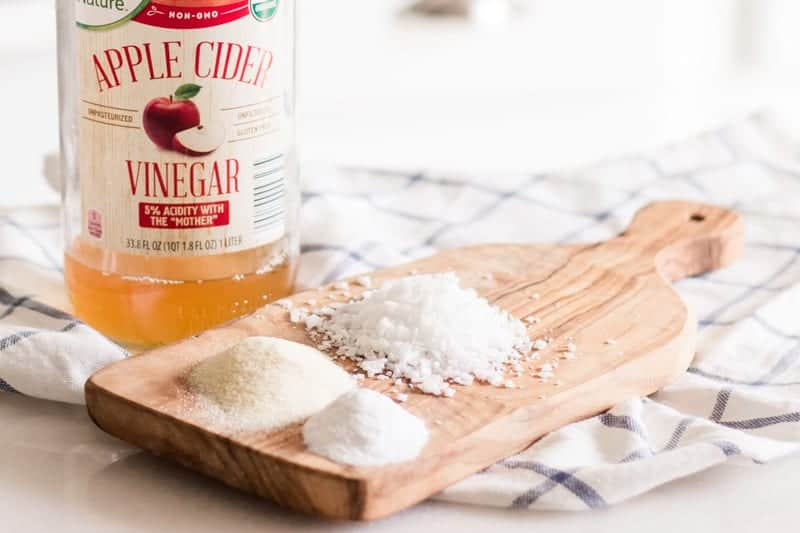
A few more natural emulsifiers to try
Emulsifiers can come from animal or plant tissues. And while emulsifier waxes work well with water and oil emulsions, there are other options for recipes that do not include water.
Points to consider: Make sure the emulsifier you choose will work with the ingredients in the product you are making and at the correct dosages.
Different emulsifiers work better at higher percentage dosages, and some work better with lower dosages.
Below are a few popular emulsifiers to help stabilize, combine, or thicken your skincare products.
Note: these ingredients are not meant to emulsify water with oils.
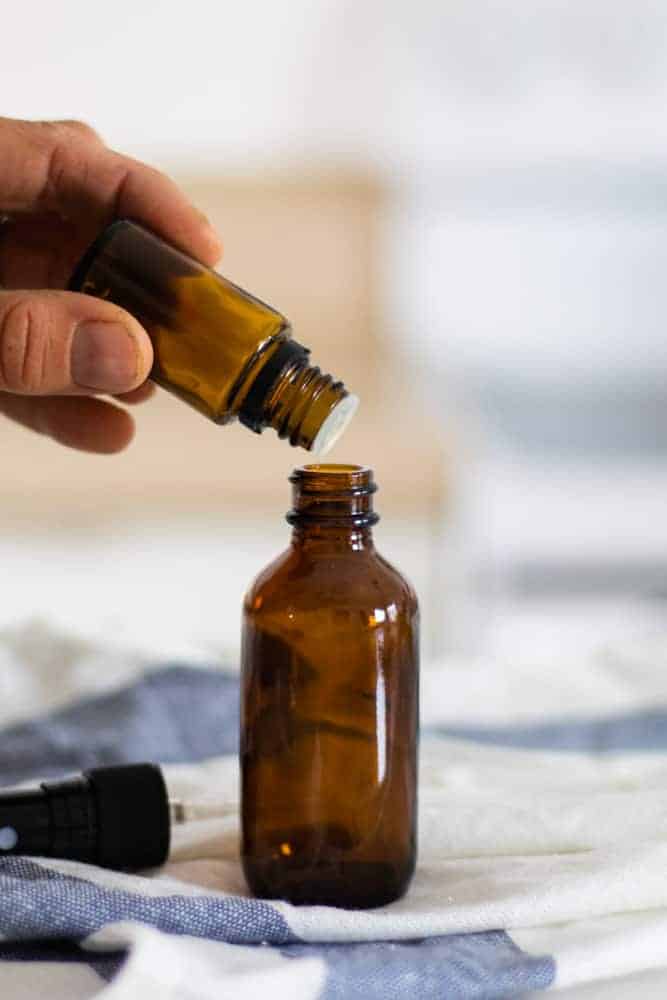
What emulsifiers are best for essential oils?
We all know oil and water do not mix. The same goes for essential oils. Adding an emulsifier will eliminate the need to shake your oil and water-based products every time before each use.
essential oil emulsifiers
how do emulsifiers work with essential oils
Add essential oils to an emulsifier of your choice and mix well until the ingredients are well combined. Then add water and shake well.
Not all essential oil recipes will need an emulsifier, just water-based ones. Essential oils mix great with fats like cocoa butter, coconut oil, and carrier oils.
For example, homemade cream, sunscreen, or chapstick made without water will not need an emulsifier.
However, water-based recipes, such as room sprays that contain oils, will need some sort of emulsifier.
Are emulsifiers safe?
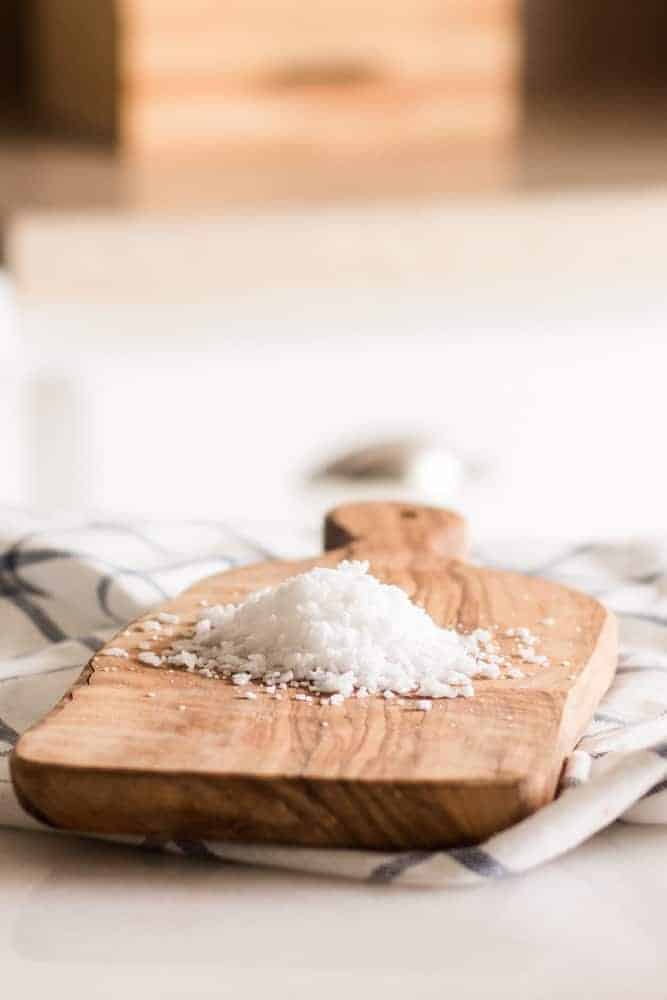
Emulsifiers get a bad rep in the food industry as they can cause inflammation and ruin the gut liner. Most processed foods contain emulsifiers.
Emulsifiers found in cosmetics and skin care products can be safe as long as you are using a natural option.
Some conventional products can contain emulsifiers that are toxic to the skin; this is why I prefer to make my own.
Common cosmetic emulsifiers include:
- polysorbates
- laureth-4
- potassium cetyl sulfate.
In summary
- Oil and water-based recipes need an emulsifier for the ingredients to mix.
- Several waxes make excellent natural emulsifiers.
- Essential oil recipes may need emulsifiers.
- Emulsifiers found in conventional cosmetics and processed foods may not be safe to use.
Check Out a Few of My Other Favorite Posts
- Argan Oil – benefits and uses
- Jamaican Black Castor Oil – why you need it
- Jojoba oil – why it’s one of my favorite carrier oils
- Essential Oil Dilution Charts
- Photosensitive Oils
- Castile Soap Benefits & Uses
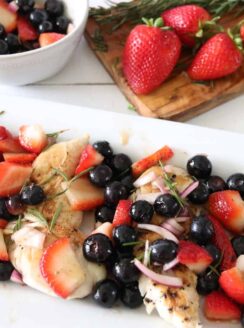
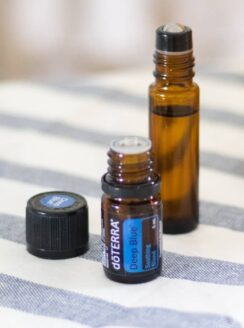
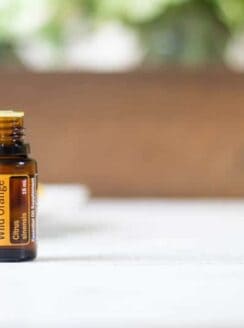
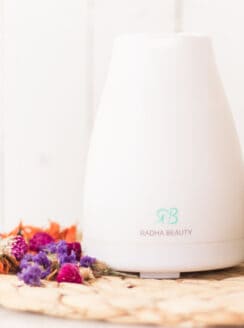
Jo says
What kind of emulsifier would you use in cream so that it mixes better in coffee? The one I like and have used for years has polysorbate 80 in it. I am trying to get away from chemicals.
Christi Newsome says
Best explanation I’ve read so far. Thank you, just need to figure out which one I’m going to use.
Natasha Escoto- Shore says
What would be a house hold emulsifier to use when making bath bombs?
Laura says
You can find all of my bath bomb recipes on my blog. At the top of my blog, I have a search bar and you can type in “bath bombs” there and it will pop right up.
.Cyndy says
Thank you for all of this amazing information.
If I’m making a body spray, what is the recommended emulsifier, and how much of it should I use.
Laura says
I have several body sprays and room sprays on the blog.
Jemimah says
Let me try out the O/W emulsion I see .thank you
Emm says
Which emulsifier is best for a more oil(carrier oil) to water base(hydrosol) moisturizer?
Louise says
Very beautiful content
Laura says
Thank you so much!
Aldora says
I researching for the best natural emulsifier for making body shimmer …Recommendations?
CG Fagerhaughb says
what is your emulsifier ?
Jane says
Enjoyed your article. Very informative and written in simple and easy to understand language. Currently into DIY and that’s how I came across your site.
Sherelle says
Hello thank you for this information I found it most interesting. I have 2 questions. Do you recommend a natural emulsifier apart from the waxes, to use for my creams. I have vf + mf Emulsifier ànd Olivem 1000 are not hydrating enough
Thank you
Snita says
Thank you for great information
azra says
Kindly Help me with what amount weight wise of e-wax in production of 200 grams of diy home made skin care soaps from avacadoes pulp
Viktoria says
I do not understand how if an emulsifier is connected oil with water you call bees wax an emulsifier. It won’t work as such
Jan says
I have the same question. Bees wax is hydrophobic.
Praj says
A Good read! Thanks for the helpful information
Laura says
You’re welcome!